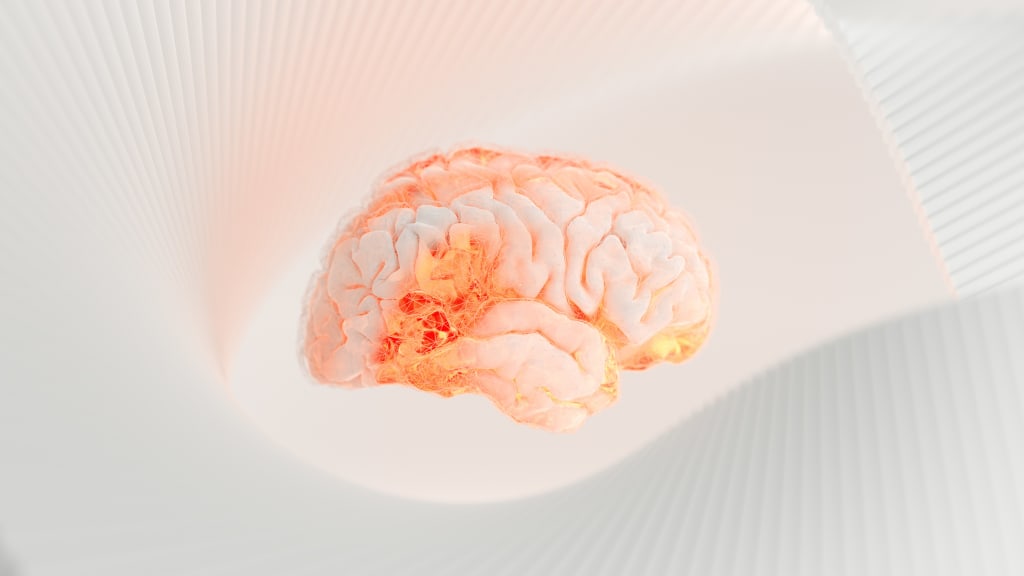Memory Evolution
Are Your New Memories Overtaking the Old?

Memory, the repository of our experiences, shapes our identity and guides us through life's labyrinth. However, in the age of constant connectivity, digital stimulation, and information overload, the nature of our memories is undergoing a subtle but profound transformation. This article delves into the intriguing question: Are your new memories replacing the old?
1. The Malleability of Memory:
Memory is not a static entity; it's a dynamic process influenced by various factors. As new experiences accumulate, the brain adapts, forming new connections and altering existing ones. This malleability is crucial for learning and adapting to the ever-changing environment. However, it also opens the door to the potential overshadowing of old memories by the influx of new ones.
2. Digital Onslaught and Information Overload:
The digital era has ushered in an unprecedented era of information overload. With a constant stream of emails, notifications, and social media updates, the brain is bombarded with new data every day. The sheer volume of information can lead to cognitive overload, affecting the encoding and retrieval of memories. In this deluge of data, older memories might find themselves edged out, struggling for recognition amidst the influx of new information.
3. The Role of Technology:
Smartphones and cameras have become extensions of our memory, capturing moments and events that might have faded into oblivion. While these tools offer a way to preserve memories, they also raise questions about the authenticity of our recollections. The act of documenting an experience through a lens can subtly influence how the brain encodes and recalls that memory, potentially altering the way we perceive and remember events.
4. Selective Attention and Memory Consolidation:
In a world brimming with stimuli, selective attention plays a pivotal role in determining which experiences become encoded as memories. The prioritization of new information, often driven by the demands of work, social interactions, and digital engagement, can lead to a bias toward recent events. This selective attention may contribute to the fading of older memories that are not reinforced or revisited over time.
5. The Influence of Emotion:
Emotion is a powerful catalyst for memory consolidation. Intensely emotional experiences tend to be etched into our memory with greater permanence. However, the digital age, with its constant barrage of information, may dilute the emotional impact of individual experiences. The fleeting nature of online interactions and the rapid pace of information consumption could result in a shallower encoding of memories, potentially making them more susceptible to replacement.
6. Memory Retrieval and Reconstruction:
The act of recalling a memory is not a passive process; it involves reconstruction. Each time a memory is retrieved, it becomes susceptible to modification. If newer, similar experiences are more readily accessible, they might influence the reconstruction of older memories. This phenomenon, known as memory interference, could contribute to the gradual replacement of older memories with newer ones.
7. Cultural and Societal Impact:
Societal norms and cultural trends can also play a role in shaping memory dynamics. The emphasis on the present moment, fueled by social media and the 24/7 news cycle, may encourage individuals to prioritize recent experiences over past ones. The societal emphasis on novelty and the constant pursuit of the "next big thing" can inadvertently contribute to the relegation of older memories to the background.
In conclusion, the interplay between old and new memories is a nuanced and complex dance within the corridors of the mind. While the digital age brings forth unprecedented challenges to the preservation of older memories, it also opens avenues for intentional memory curation. Understanding the factors influencing memory dynamics allows individuals to be more mindful of their experiences and proactive in preserving the richness of their personal histories.
In navigating this delicate balance, it becomes crucial to strike a harmony between embracing the present and cherishing the past. The evolution of memory is a natural process, but intentional efforts to revisit, reflect, and savor older memories can enrich the tapestry of our personal narratives. As we navigate the intricate landscape of memory in the digital age, the key lies in finding a balance that honors both the old and the new, preserving the essence of our lived experiences.






Comments
There are no comments for this story
Be the first to respond and start the conversation.